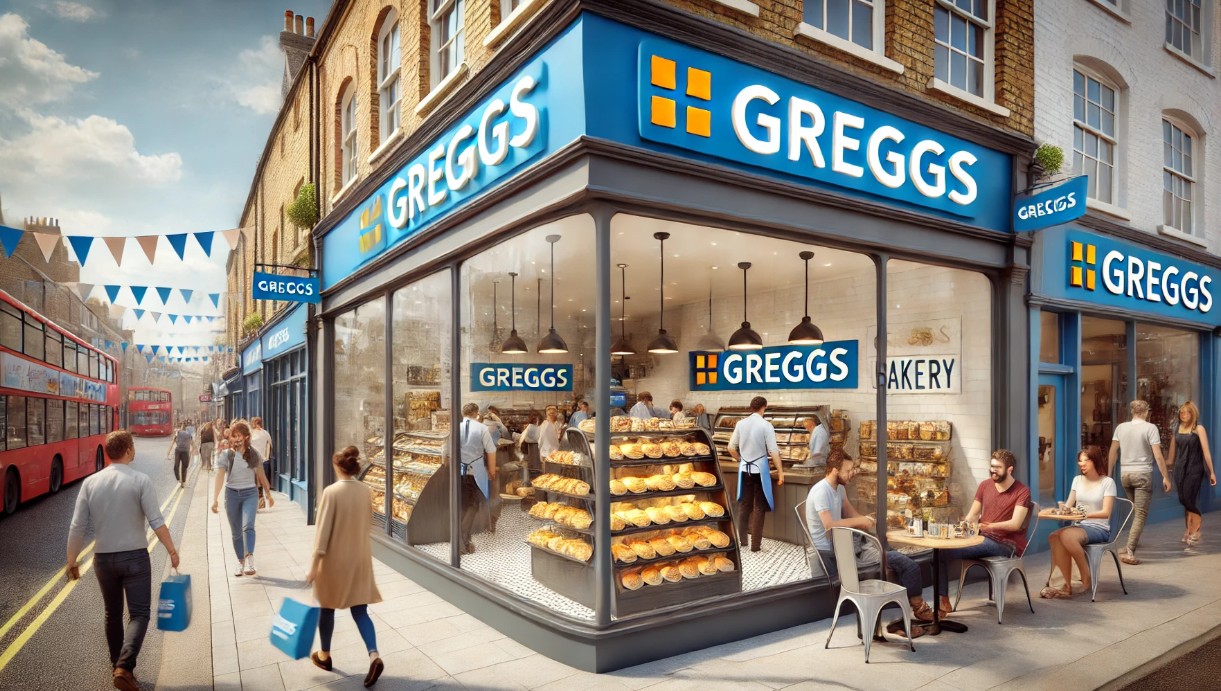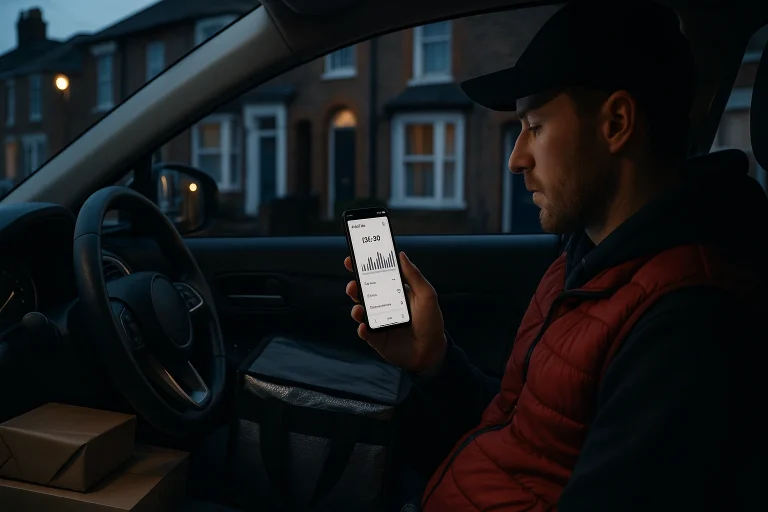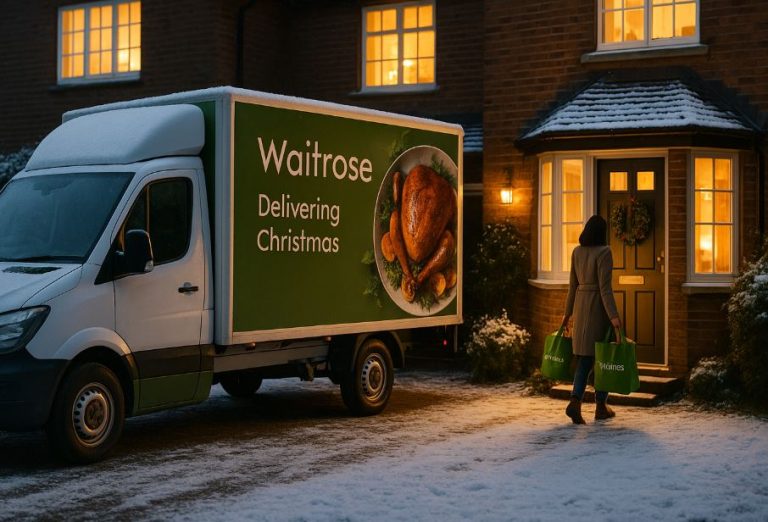Have you ever wondered how much it costs to own a Greggs franchise? Greggs, the beloved bakery chain in the UK, has captured the hearts of millions with its iconic sausage rolls, sandwiches, and coffee.
For aspiring entrepreneurs, owning a Greggs franchise might seem like a golden opportunity, but understanding the financial commitment and business model is essential.
In this guide, we’ll break down everything you need to know about Greggs franchise costs, requirements, and the steps to explore this exciting opportunity.
Why Is Greggs a Popular Choice for Franchise Investors?
Greggs is more than just a bakery; it is a cultural phenomenon in the UK with a legacy dating back to 1939. Founded by John Gregg in Newcastle, the company initially delivered fresh eggs and yeast by pushbike. Today, Greggs operates over 2,300 shops nationwide, supported by a workforce of approximately 28,000 employees.
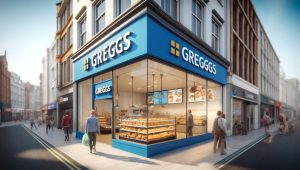
The company has built a strong reputation for its commitment to communities, including initiatives like the Greggs Breakfast Club, which supports over 50,000 children by providing free breakfasts each school day.
With its broad product range spanning savouries, fresh sandwiches, vegan options, and healthy lower-calorie meals, Greggs has carved out a unique space in the UK’s food-on-the-go sector.
Greggs’ partnerships with services like Just Eat and its innovative Click + Collect feature further enhance customer convenience, making it a forward-thinking brand with a modern appeal. These attributes, coupled with its established reputation, make Greggs an attractive choice for franchise investors.
What Are the Exact Costs of Starting a Greggs Franchise?
Starting a Greggs franchise requires significant financial planning. Here’s a detailed breakdown of the costs:
| Cost Component | Description | Estimated Amount |
| Initial Franchise Fee | This one-time payment grants the rights to operate the franchise. | £30,000 to £45,000 |
| Store Build and Fit-Out | Covers the design, customisation, and installation of equipment. | £150,000 to £250,000 |
| Working Capital Requirement | Ensures smooth operations during the initial months of business. | £40,000 to £60,000 |
| Training and Support Fee | Includes comprehensive initial training and ongoing assistance. | £5,000 to £7,500 |
| Royalty Fee | A percentage of gross sales payable to Greggs. | 6% of gross sales |
| Advertising Fund Contribution | Helps fund local and national marketing efforts. | 2% of gross sales |
Total Estimated Investment: £260,000 to £390,000.
These costs cover every aspect of setting up and running a Greggs franchise, from initial fees to ongoing expenses. It’s essential to have a minimum net worth of £250,000 and at least £100,000 in liquid capital to be eligible.
While the investment may seem substantial, the long-term benefits, including access to a well-established brand and a proven business model, make it worthwhile. Franchisees also benefit from Greggs’ national marketing efforts and streamlined supply chain.
Is Greggs a Franchise?
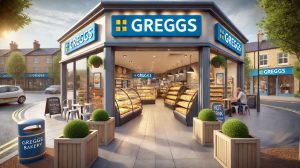
Greggs operates a unique franchise model that does not involve individual, one-off agreements. Instead, Greggs forms partnerships with corporate entities to open multiple franchise locations in strategic areas like service stations, petrol stations, and educational establishments.
These corporate partnerships allow Greggs to expand into locations that would be challenging to operate as company-owned stores. Partners benefit from Greggs’ strong brand recognition and proven business model, while Greggs gains access to new markets.
For individual entrepreneurs interested in opening a Greggs bakery, this partnership model may present challenges. However, the financial commitment and operational benefits make it an attractive option for corporate entities.
How Do You Apply for a Greggs Franchise?
Applying for a Greggs franchise is a structured and rigorous process designed to ensure that only the most suitable candidates become partners. Here’s how the process works:
Initial Inquiry
- Interested parties must visit Greggs’ official website or contact their franchise department to express their interest.
- During this stage, potential partners are expected to outline their business experience and financial capability to manage multiple franchise units.
Business Proposal
- Applicants are required to submit a comprehensive business plan detailing their vision, financial plans, and operational strategies.
- The proposal should demonstrate a deep understanding of Greggs’ brand values and how the applicant plans to uphold them.
Interviews and Evaluation
- Shortlisted candidates are invited to attend interviews with Greggs’ franchising team.
- During these discussions, applicants are assessed on their ability to manage and grow a franchise network. Financial background checks and due diligence are also conducted at this stage.
Approval and Agreement
- Successful applicants are offered a partnership agreement.
- This agreement outlines the roles, responsibilities, and expectations of both Greggs and the franchisee.
Training and Onboarding
- New franchisees undergo intensive training to prepare them for the operational and managerial aspects of running a Greggs franchise.
- Once training is completed, franchisees are supported through the initial setup and launch of their outlets.
Key Requirements
- Financial Capability: Applicants must have a minimum net worth of £250,000 and at least £100,000 in liquid capital.
- Commitment to Brand Values: Franchisees should align with Greggs’ ethos of quality, affordability, and community engagement.
- Operational Expertise: Prior experience in managing retail or food service businesses is an advantage.
By following this detailed process, Greggs ensures that its franchisees are equipped to succeed while maintaining the brand’s reputation.
How Profitable Is a Greggs Franchise?
Greggs franchises are known for their potential to generate significant returns on investment, thanks to the brand’s established market presence and efficient operational model. Here’s an analysis of the profitability factors:
Revenue Potential
- Franchisees often report annual revenues exceeding £1 million, depending on location and customer demand.
- Locations with high footfall, such as service stations or busy high streets, typically yield higher revenues.
Break-Even Period
- The average break-even period for a Greggs franchise is between 2–3 years.
- This relatively short timeframe is due to the brand’s strong reputation and high customer demand.
Profit Margins
- Franchisees benefit from Greggs’ streamlined supply chain and cost-effective operations, which help maintain healthy profit margins.
- Royalty fees (6% of gross sales) and advertising contributions (2% of gross sales) are competitive compared to other franchises in the same sector.
Factors Influencing Profitability
- Location: A store situated in a high-traffic area is more likely to generate higher sales.
- Operational Efficiency: Effective management of staff, inventory, and customer service directly impacts profitability.
- Marketing Efforts: Leveraging Greggs’ national campaigns and implementing local strategies can boost revenue.
While profits can vary, the overall outlook for Greggs franchises is positive due to the brand’s strong market position and growth in the food-on-the-go sector.
What Are the Benefits of Choosing Greggs Over Other Franchises?
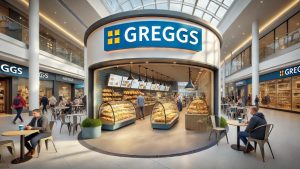
Greggs stands out among other franchises in the food-on-the-go sector due to its unique advantages:
- Established Brand Recognition
- With over 80 years in the industry, Greggs is a trusted name synonymous with quality and affordability.
- This level of brand loyalty provides franchisees with a built-in customer base, reducing the risks associated with new business ventures.
- Comprehensive Training and Support
- Greggs ensures its franchisees are well-prepared through extensive training programs.
- Ongoing support from account managers, supply chain teams, and marketing experts ensures franchisees can overcome challenges and grow their businesses.
- Product Innovation
- Greggs consistently updates its menu to meet changing consumer preferences, such as introducing vegan options and healthier meals.
- This adaptability keeps the brand relevant and appealing to a diverse customer base.
- Strategic Franchise Model
- By focusing on corporate partnerships, Greggs ensures operational consistency and quality.
- This model allows franchisees to benefit from strategic locations, such as service stations and educational establishments, where demand is high.
- Competitive Costs and Profit Potential
- While the initial investment is substantial, Greggs offers a clear path to profitability with proven business strategies and streamlined operations.
- Lower ongoing fees compared to some competitors, combined with high revenue potential, make it an attractive option.
- Comparison with Competitors
- Greggs offers a balanced mix of affordability and quality, whereas competitors like Pret A Manger cater to premium customers, and Subway focuses on customisation.
- Unlike Subway, Greggs operates with a corporate partnership model, ensuring greater brand control and consistency.
Why Greggs Stands Out?
Greggs’ combination of strong brand reputation, market adaptability, and comprehensive support makes it a top choice for investors looking to enter the food-on-the-go market. With a proven track record of success and a loyal customer base, Greggs offers a reliable and rewarding franchise opportunity.
How Does Greggs Compare with Its Competitors?
The food-on-the-go market in the UK is fiercely competitive, with major players like Greggs, McDonalds, Pret A Manger, and Subway vying for customer loyalty. Each brand has carved out a unique niche, and understanding these differences can help investors see why Greggs stands out.
Franchise Model

- Greggs: Operates under a corporate partnership model, which focuses on forming long-term agreements with corporate entities. This ensures operational consistency and allows Greggs to expand into strategic locations such as service stations and educational institutions. Individual one-off franchise opportunities are not available.
- Pret A Manger: Primarily company-owned, with only a limited number of franchises available globally. Pret A Manger’s franchising opportunities are highly selective and usually involve experienced investors with substantial capital.
- Subway: Offers a traditional franchise model, which is more accessible to individual entrepreneurs. Subway’s franchise network is extensive, with over 2,000 locations in the UK alone, but the sheer volume of franchises creates stiff internal competition.
Greggs’ corporate model prioritises strategic growth and quality control, while Subway provides more flexibility for individual franchisees. Pret A Manger’s limited opportunities make it less accessible for most investors.
Initial Investment
| Brand | Estimated Initial Costs | Franchise Fee |
| Greggs | £260,000–£390,000 | £30,000–£45,000 |
| Pret A Manger | £400,000+ | £20,000–£25,000 |
| Subway | £100,000–£200,000 | £8,500–£10,000 |
- Greggs: Requires a higher initial investment due to its premium store fit-outs, equipment, and infrastructure. However, this cost reflects the brand’s emphasis on quality and operational excellence.
- Pret A Manger: The most expensive option due to its focus on premium locations and high-end interiors. This cost makes it less appealing for budget-conscious investors.
- Subway: The most affordable option, but lower costs may also reflect a less robust support system and lower revenue potential in saturated markets.
While Greggs demands a significant initial investment, its strong market position and efficient operations offer a higher likelihood of long-term profitability.
Conclusion
Greggs stands out as a unique opportunity in the UK’s food-on-the-go sector, offering a blend of affordability, quality, and innovation. Its corporate partnership model ensures operational consistency and strategic growth, making it a reliable investment for the right partners.
While the initial investment is significant, Greggs’ established brand, comprehensive support, and strong profitability potential make it a compelling choice for franchise investors. With a proven track record and a loyal customer base, Greggs is well-positioned to remain a leader in the industry.
FAQs
Can individuals open a Greggs franchise?
No, Greggs does not offer one-off franchise agreements. It operates through corporate partnerships.
What is the total cost of starting a Greggs franchise?
The total investment ranges from £260,000 to £390,000, including fees, setup, and working capital.
How long does it take to break even with a Greggs franchise?
Franchisees typically break even within 2–3 years, depending on location and management.
What kind of training does Greggs provide to franchisees?
Greggs offers comprehensive initial training and ongoing support, including operational guidance and marketing assistance.
How does Greggs compare with competitors like Subway?
Greggs balances affordability and quality, while Subway focuses on customisation and lower costs. Greggs’ corporate model ensures brand consistency.
What are the main requirements to become a Greggs franchisee?
Applicants need a net worth of £250,000 and £100,000 in liquid capital, along with operational expertise.
Does Greggs offer delivery options for customers?
Yes, Greggs partners with Just Eat for delivery services and also offers Click + Collect for customer convenience.

